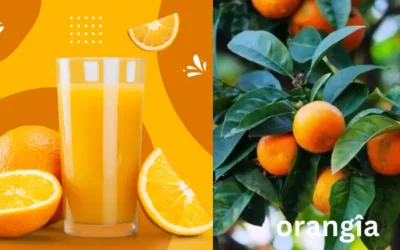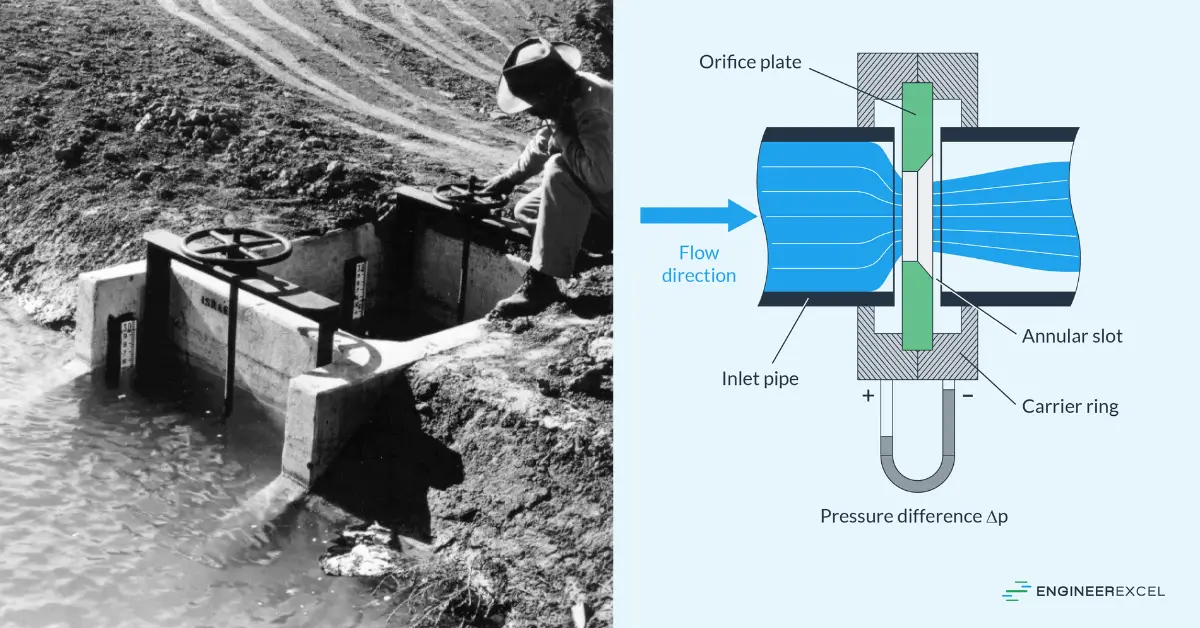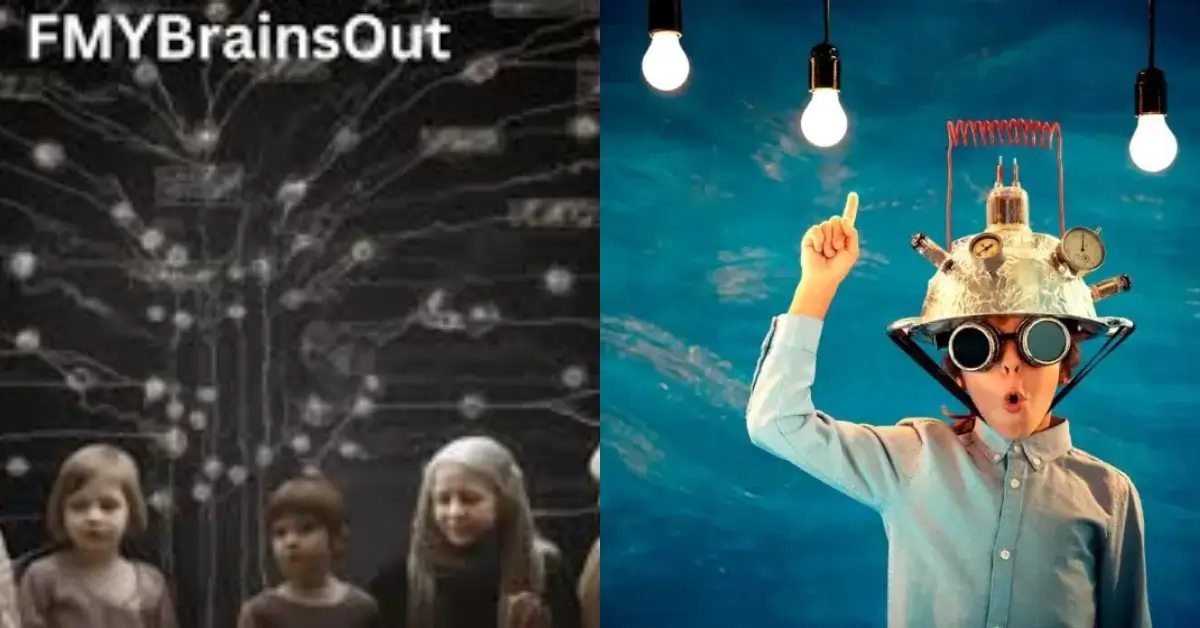Love What You Have, Before Life Teaches You to Lov – Tymoff: Embrace Gratitude & Guide to Emotional Growth

In life, we often chase the next big thing, believing that happiness lies in future achievements or material possessions. We forget the immense value of what we already have—our loved ones, our health, the small moments of joy.
Tymoff’s philosophy brings us back to the essence of contentment, reminding us that loving what we have now is the key to a fulfilling life. Through gratitude and mindfulness, we can unlock a deeper level of emotional wisdom and personal growth.
Love What You Have, Before Life Teaches You to Lov – Tymoff
Tymoff’s quote urges us to embrace a mindset of appreciation and contentment. At its core, the message encourages us to love and appreciate our current blessings, instead of constantly yearning for more.
It warns of the harsh reality that life may teach us this lesson through difficult experiences, such as loss or hardship. Learning to love what we have now can help us avoid the pain that comes with regret or missed opportunities.
This philosophy is especially relevant in today’s society, where materialism and the pursuit of external achievements can cloud our ability to find joy in the simple, everyday moments. Tymoff’s wisdom is a reminder to pause, reflect, and practice gratitude for all that we have.

The Meaning Behind “Love What You Have”
The essence of Tymoff’s message is deeply rooted in gratitude. “Love what you have” means shifting your focus from what you lack to what you already possess.
It’s about recognizing the value of your current circumstances, whether it’s your relationships, your health, or even the small joys of daily life. Gratitude is the foundation of emotional well-being, and this philosophy encourages us to cultivate it daily.
Moreover, loving what you have goes beyond material possessions. It includes cherishing your personal growth, emotional intelligence, and the wisdom gained from past experiences. By appreciating your current journey, you set yourself up for a more joyful and content future.
Read Also: Portugal National Football Team vs France National Football Team Timeline
How Life Teaches Us to Appreciate What We Have
Life often teaches us to appreciate what we have through adversity. When we experience loss, whether it’s the end of a relationship, financial hardship, or the loss of a loved one, we are forced to confront the reality of impermanence.
These difficult moments serve as powerful reminders that nothing in life is guaranteed, and we must learn to appreciate our blessings before they slip away. However, Tymoff’s message encourages us to learn this lesson proactively, rather than reactively.
By practicing gratitude now, we can prevent the pain of regret later. Life’s challenges will inevitably teach us the value of what we have, but with mindfulness and appreciation, we can avoid the harshness of these lessons and instead experience joy in the present.
The Importance of Gratitude in Everyday Life
Gratitude is a powerful tool that can transform our lives. It allows us to focus on what is positive and fulfilling, rather than what is missing. By practicing gratitude regularly, we shift our mindset from one of scarcity to one of abundance.
This simple act can lead to a greater sense of happiness, reduced stress, and improved relationships. In everyday life, gratitude can be as simple as taking a moment to appreciate a beautiful sunset, enjoying a meal with loved ones, or acknowledging the support of a friend.
These small acts of appreciation can have a profound impact on our emotional well-being. Tymoff’s philosophy reminds us that by loving what we have, we cultivate a heart full of gratitude, which in turn brings more joy into our lives.

Why Cherishing What You Have Leads to Emotional Growth
Cherishing what you have not only enhances your present happiness but also promotes emotional growth. By learning to value what is already in your life, you develop a deeper understanding of yourself and your emotions.
This process helps you build emotional resilience, as you are better equipped to handle life’s challenges with grace and gratitude. Furthermore, when you practice gratitude, you foster emotional intelligence—the ability to understand and manage your emotions and the emotions of others.
This leads to healthier relationships, more meaningful connections, and a greater sense of fulfillment. Emotional growth is a natural byproduct of loving what you have, and it enriches your life in countless ways.
The Connection Between Self-Awareness and Love
Self-awareness is a critical component of loving what you have. To truly appreciate your life, you must first understand your own needs, desires, and emotions.
Self-awareness allows you to recognize the areas where you may be taking things for granted and helps you shift your focus to gratitude. Loving what you have requires an honest assessment of your life, acknowledging both the positive and the challenging aspects.
This level of self-awareness leads to personal growth and a deeper sense of emotional wisdom. As you become more in tune with yourself, you can more fully appreciate the love and abundance that already exists in your life.
Life’s Unexpected Lessons About Gratitude and Appreciation
Life has a way of teaching us lessons when we least expect it. Often, these lessons come in the form of challenges or setbacks that force us to reevaluate our priorities.
In these moments, we are reminded of the importance of gratitude and the value of what we already have. Tymoff’s philosophy teaches us to embrace these lessons with grace, understanding that even in difficult times, there are blessings to be found.
Whether it’s the support of loved ones during a crisis or the opportunity to learn from a failure, life’s unexpected lessons about gratitude can lead to personal transformation and growth.
Understanding the Power of Living in the Moment
Living in the moment is a key aspect of Tymoff’s philosophy. When we are fully present, we can appreciate the beauty of the present without being distracted by worries about the future or regrets about the past.
Mindfulness, or the practice of being fully engaged in the present moment, is essential for cultivating gratitude and loving what we have.
By focusing on the here and now, we can reduce stress, improve our emotional well-being, and experience more joy in our daily lives. Living in the moment allows us to fully appreciate our relationships, surroundings, and personal achievements, enhancing our overall sense of contentment.
How Tymoff’s Quote Inspires Personal Reflection and Growth
Tymoff’s quote is a powerful catalyst for personal reflection and growth. It encourages us to take a step back from the busyness of life and assess what truly matters.
This introspection can lead to a greater understanding of our values, priorities, and goals, allowing us to make more intentional choices in our lives.
Through personal reflection, we can identify areas where we may be neglecting gratitude and take steps to cultivate a more appreciative mindset. This process of self-discovery leads to personal growth, as we learn to love and appreciate ourselves and our lives more fully.

The Role of Relationships in Learning to Appreciate Life’s Blessings
Relationships play a vital role in our ability to appreciate life’s blessings. Our connections with others—whether with family, friends, or romantic partners—are among the most important aspects of our lives.
Tymoff’s philosophy teaches us to cherish these relationships and to nurture them with love and gratitude. When we take the time to appreciate the people in our lives, we strengthen our emotional bonds and create more meaningful connections.
By expressing gratitude and showing appreciation, we not only enhance our relationships but also increase our own sense of fulfillment and happiness.
Read Also: Roseanne Barr Net Worth
Quick Facts
- Tymoff’s quote: “Love what you have, before life teaches you to love.”
- Key message: Embrace gratitude and appreciation for what you already have.
- Focus: Relationships, emotional growth, self-awareness, and living in the moment.
- Impact: Encourages mindfulness, contentment, and emotional wisdom.
Final Thoughts
Tymoff’s simple yet profound advice reminds us that life is fleeting, and our time to love and appreciate what we have is limited. By embracing gratitude and living in the present, we can find deeper happiness and fulfillment.
Cherish your relationships, nurture your personal growth, and practice self-awareness. By doing so, you will not only enhance your own life but also spread positivity and joy to those around you.
FAQs
What is the meaning of Tymoff’s quote?
The quote encourages us to appreciate and love what we already have in life, rather than waiting for difficult experiences to teach us the value of our blessings.
How can I practice gratitude daily?
Simple practices include keeping a gratitude journal, taking mindful moments throughout the day to reflect on what you’re thankful for, and expressing appreciation to others.
Why is living in the moment important?
Living in the moment helps you fully appreciate the present, reduce stress, and increase happiness by focusing on what you have rather than what you lack.
Can practicing gratitude improve relationships?
Yes, expressing gratitude can strengthen emotional bonds and create deeper, more meaningful connections with others.





